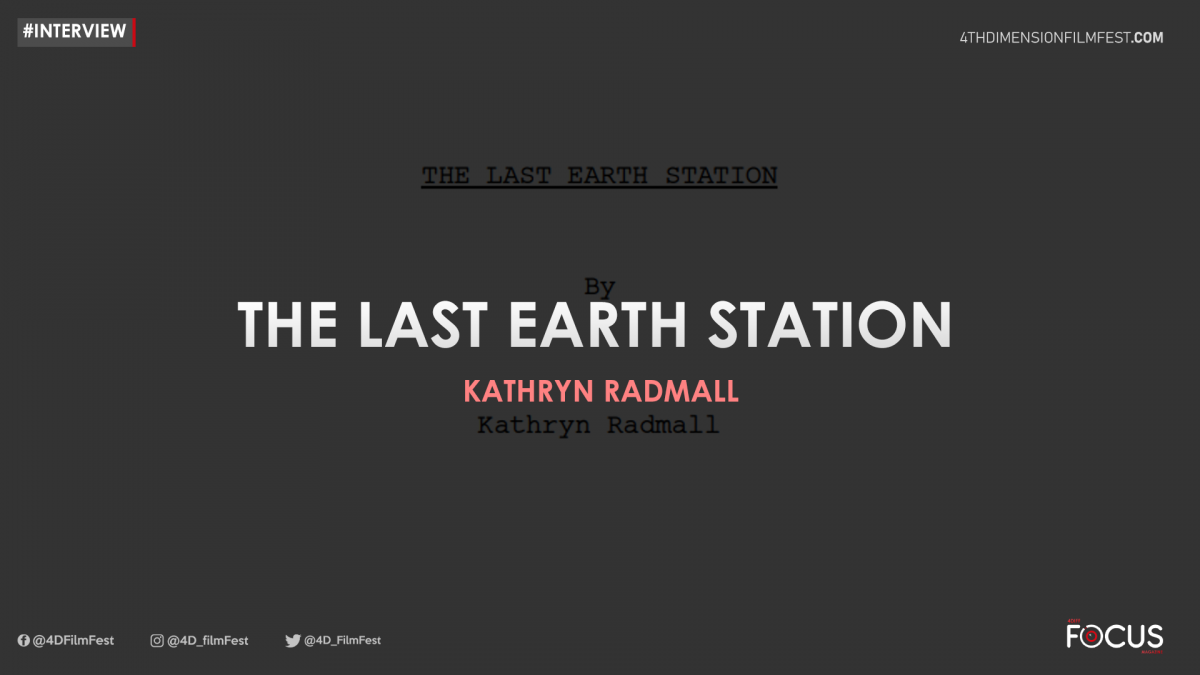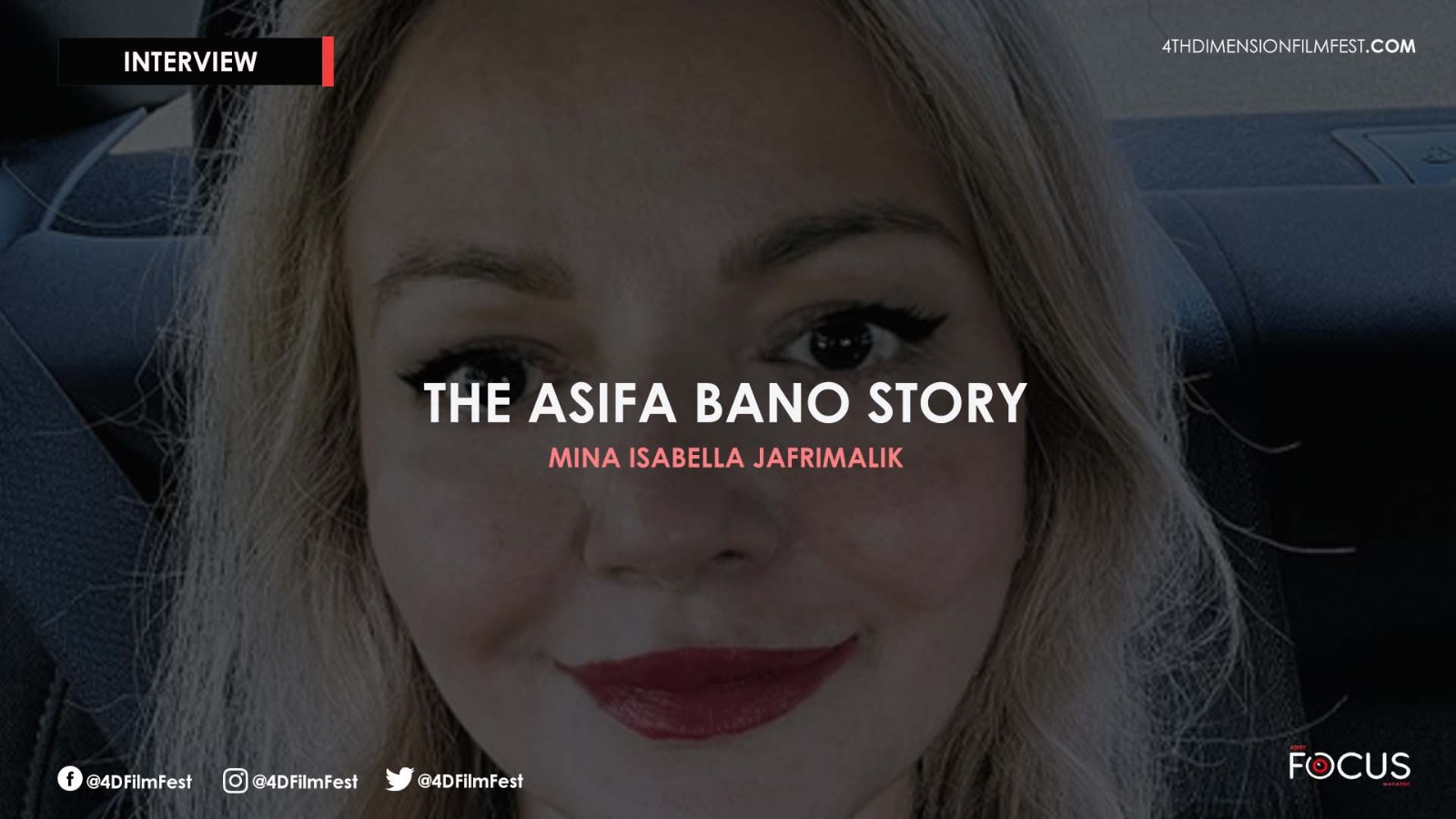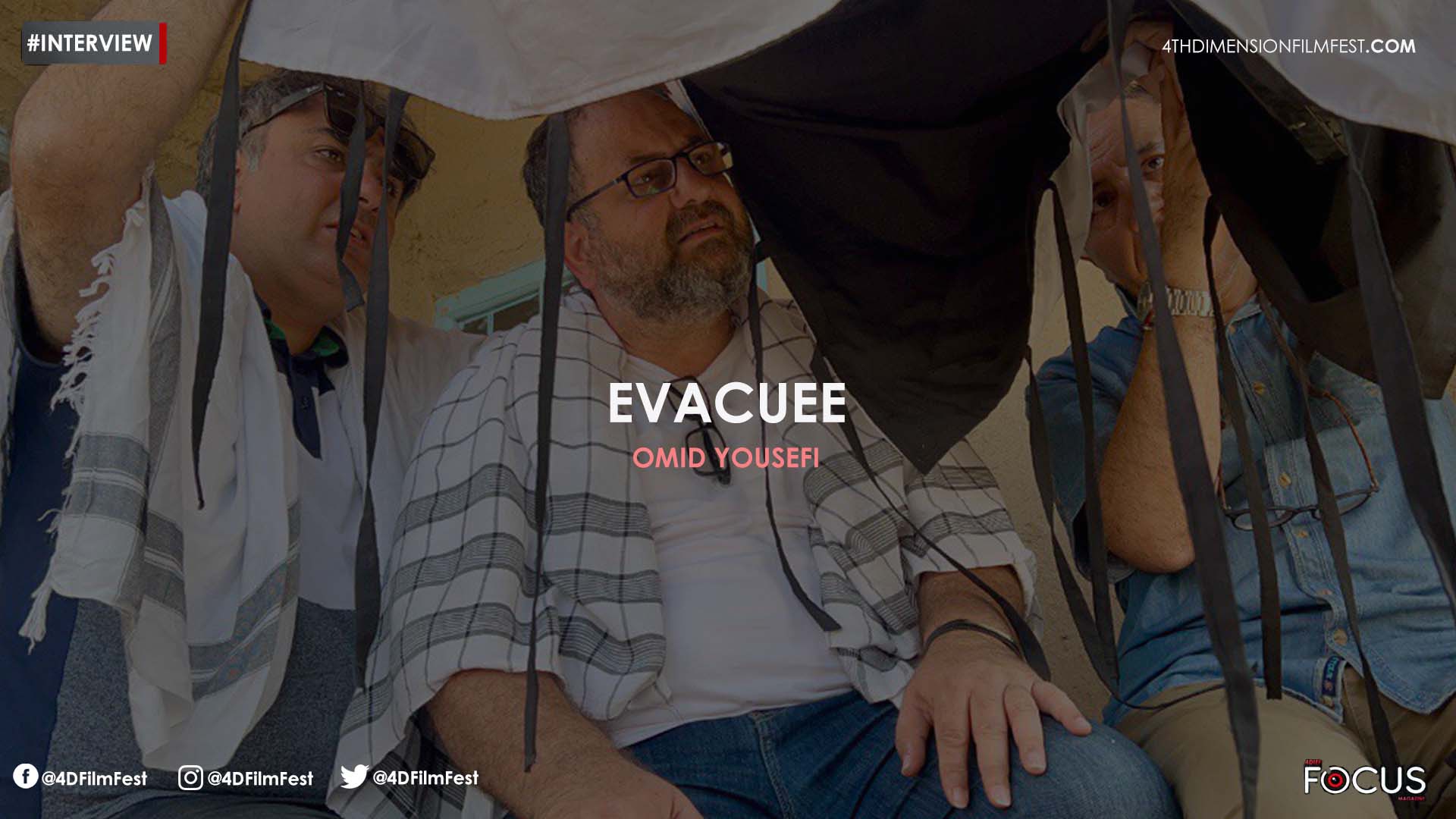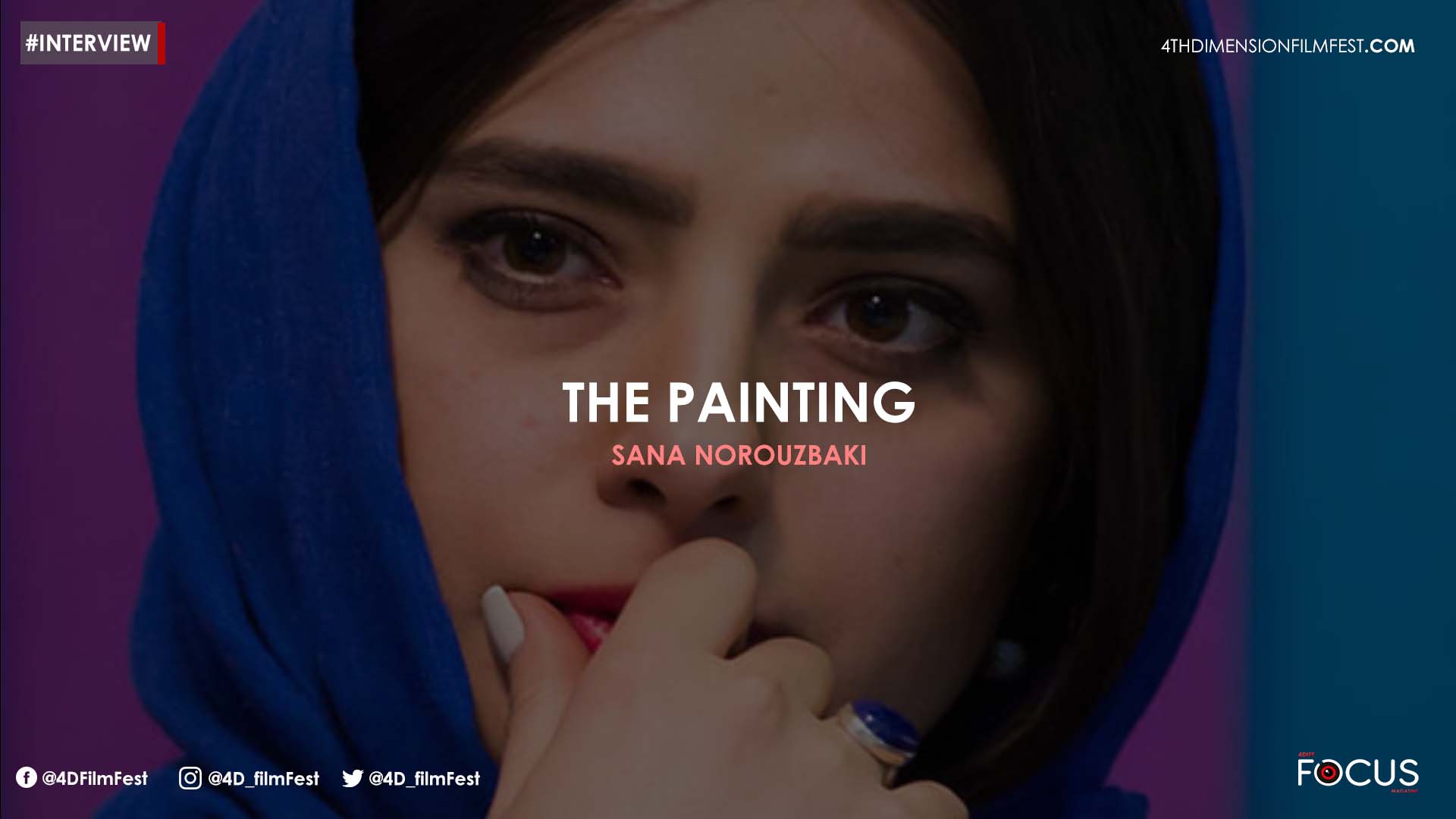Ma’am tell us something about the title of your story.
When did the story first occur to you? Do you have an interesting incident or two to narrate about it?
I began the script in December 2020, in response to a ‘word cloud’ writing prompt. ‘Earth, Station, Black and Star seemed to jump out at me, and I wondered what an earth station might be. Perhaps a colony, or generational ship? Was it part of a fleet, leaving our world in search of a new home? And so, ‘Black Star’ became the flagship for The Homestead Project.
Where do you place apocalyptic/dystopian thriller movies today? Who do you think they specifically cater to?
I think we’re all fascinated by the ‘what ifs?’ of science fiction. From Frankenstein to Black Mirror, writers and filmmakers have created futures both exilarating and terrifying. It seems in our nature to be suspicious of a new Eden, and fear there’s a high price to be paid for paradise. It makes us all look again at the IT solutions embedded in our daily life, and wonder if artificial intelligence might one day rule the world, and if we’d have to fight to regain control.
What were certain things that you had to keep in mind while writing the screenplay? Were you paying special attention to the narrative in order to avoid the folly of repetition at certain points?
It’s always a challenge to balance exposition with intrigue. I wanted the story to be part mystery, part romance, and also an exploration of duty, reponsibilty and ultimately, self-sacrifice. The crews of the Erebus and Black Star are separated in time by 150 years. Life on Earth has changed beyond recognition, and while they’re keen to find common ground, both have secrets to keep. Everyone likes to play detective, so it was important to drip feed information regarding the history of those on board the earth station, without tipping my hand too soon.
Which are the authors and the directors you find inspirational? Do you have a favourite film and a book that you would like to tell us about?
I love the works of Anita Shreve, Anne Tyler and Margaret Attwood. They really know how to dig deep into the human psyche and uncover truths we’d prefer to keep hidden. The dynamics of relatioonships are fascinating, and find their way into everything I write. I admire wrtier-directors John Patrick Shanley, Asif Kapadia and David Tamagi. All trhee demonstrate tremendous versatility and seek out unusual subjects for examination.
As a former student of theatre and Fine Arts, cinematography and production design are major factors in my choice of favourite films; Legends of the Fall, The Shawshank Redemption, Caravaggio and, more recently, David Tamagi’s Paper Moon Affair. On my bookshelf, there will always be a place for Linda Aronson’s 21st Century Screenwrititng and Walter Murch’s In The Blink of an Eye.
Tell us how must one create characters in a narrative like this. Often one is bound to fall into the snares of overcompensating for the worse. How can a writer find the right balance?
I began by making notes in longhand, playing around with names and sketching out the characters’ personal histories. Then I decided to ‘interview’ the main players. I felt the crews of both vessels would have been regarded as celebrities, and be featured in the Press, prior to their respective missions. Since the history of The Homestead Project is referenced several times in the script, it seemed logical to use the backstories supplied by my fictional journalists.
There does come a point where the characters take on a life of their own, and react to situations in unexpected ways. It’s usually best to let them get on with it, even if it means their doing something you didn’t foresee, and taking the story in a new direction.
There is a strong presence of socio-political tropes in the story. In places it could remind one of Dune by Frank Herbert. At times the multiple tropes amplify the depth of a story by adding relevant layers to it. Do you agree?
Yes, absolutely. Despite advances in technology, I believe our concerns about environmental damage, excessive government intervention and religious ideology will continue to shape our lives. While I didn’t want to paint too depressng a future, I wanted my characters’ dilemmas to be relatable.
Tell us something about the structure of your story. The ominous presence of an unknown force , internal tensions and conflicts, the climax. How important is it for one to retain the tension throughout the screenplay?
I wanted to engage the reader from page one, and encourage them to take the journey along with the characters, so the idea of things being not quite what they seem needed to be a continuous thread. All the main players have their own agenda, with revelations occurring as the stakes increase. It’s necessary to releive the tension at times. An audience needs some lighter moments to balance nal-biting action or a gut-wrenching climax.
In a strange way, around the universal desire to survive, there are machinations of all kind, plotted relentlessly by individuals. What instinct do you think dominates a person’s psyche? The desire to live or the urge to supersede by orchestrating the fall of another.
I think the dominant drive is the will to survive. Two of my characters demonstrate extreme reponses to what they regard as a threat to their way of life. Both are ready to make the ultimate sacrifice, and are convinced the choices they make will be for the greater good. But one will be judged a terrorist; the other, a selfless hero.
What would be your advice to the writers who are lured by the prospect of sci-fi movies with gripping narratives like this? What would be your advice to them? What should they keep in mind and what must they avoid?
Regardless of genre, I would say develop your characters fully. Get to know them, and then let them off the leash. They are the engine of the story, and their ambitions, hopes and fears will drive the plot. We can live through the people we see on screen, admiring their strengths and recognising their weaknesses. Even in a futuristic seting, they are us. Cinema is a mirror, not a crystal ball.





